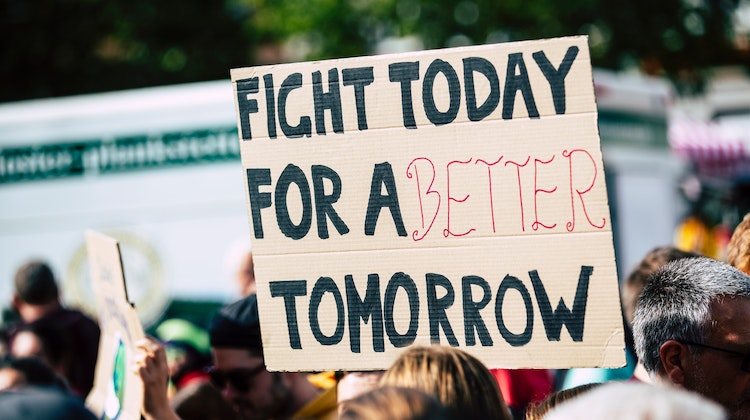
Photo Credit: politics,
One narrative that has taken hold in the traditional media is that misinformation and disinformation are running rampant on social media platforms like Facebook, X, Instagram, and TikTok. According to this narrative, the problem is particularly pronounced on the far extremes of the political spectrum (the Far Left and the Far Right) and is at risk of ruining traditional politics.
This spread of misinformation and disinformation has especially important implications in a presidential election year. In a baseline scenario, all of that misinformation and disinformation will cause voters to vote for the “wrong” person (i.e. the person not supported by the political Establishment). And in a worst-case scenario, all of that misinformation and disinformation will cause people to question democracy, to question the electoral process, and to question the outcome of any election.
What is “misinformation,” anyway?
But let’s take a step back and consider what people mean when they talk about “misinformation” or “disinformation.” Typically, this just means any information that counters the mainstream narrative. And so as you might imagine, this also means any information that would appear to support (whether directly or indirectly) a candidate who is anti-Establishment. In the current political context, this typically means Donald Trump or RFK, Jr.
Thus, if you bring up any subject related to the economy, the border, or the endless foreign wars being supported abroad, you are at risk of being called an agent of misinformation (or, even worse, a Russian bot). All of these issues have a strong counter-narrative that is very much opposed to the way the Establishment wants you to think about them. So they have an incentive to make people spreading this “misinformation” look as ridiculous as possible.
Examples of misinformation
To see how all this plays out in practice (rather than just theory), consider a recent article from MarketWatch. It was basically a hatchet job on conservative, right-leaning political influencers. It accused them of hiding behind a shield of anonymity and “co-opting” the language of whistle-blowers. It hinted that they were trying to wrap themselves in the American flag and calling themselves patriots, all so that they could get more clicks for their social media content.
The one example that came under particular focus from MarketWatch was social media content related to the current immigration crisis. People calling themselves “patriotic citizen journalists” were accused of deliberately falsifying data in order to stoke broader fears about illegal immigration. And, as is so often par for the course, the article mentioned Donald Trump and Elon Musk as two arch-villains who are particularly skilled at playing the misinformation and disinformation game.
Free speech vs. misinformation
On one hand, the Establishment is trying to show us how well the economy is doing, how well our foreign wars are going, and how well our cities are dealing with a sudden influx of migrants. And, on the other hand, political influencers are trying to show us how poorly the economy is actually doing, how badly we’re misspending our funds abroad, and how catastrophic the influx of illegal migrants has been.
Thus, it might be possible to say that the political influencers, to a certain degree, are doing us a favor. Yes, they might be a little rough around the edges, but are they really any different from the progressive, reform-minded “muckrakers” of a century ago, who exposed all the ills and corruption of early American capitalism?
And I’m not particularly worried about the problem of “anonymity” and how political influencers are hiding behind anonymous cartoon avatars to advance their views. Do some reading of American history – Benjamin Franklin was legendary for hiding behind anonymous aliases (both male and female!) while putting out his own views and ideas. His most famous persona was “Poor Richard,” and he used that to publish “Poor Richard’s Almanack,” so as to bring information to the common people of colonial America.
Is misinformation a “feature” or a “bug”?
All of which is to say that the spread of misinformation on social media might actually be a feature, not a bug, of American democracy. Just think how the English crown must have felt about the sudden upsurge of “misinformation” in the American colonies! The great monarchies of Europe considered free speech to be a bug, not a feature. We showed them why they were wrong.
Of course, that only applies to “misinformation” that creates a counter-narrative to the traditional narrative, and not to actual made-up facts. There’s a famous quote from the late great Daniel Patrick Moynihan that’s worth keeping in mind. “You are entitled to your own opinion,” he said. “But you are not entitled to your own facts.”
He’s right. As long as you don’t distort the facts, you can think whatever you want to think. And you should be able to post those thoughts on social media. I’m more concerned about Establishment politicians making up facts in order to stay in power, than about well-meaning American citizens carrying on a nearly 250-year-long tradition of free speech.